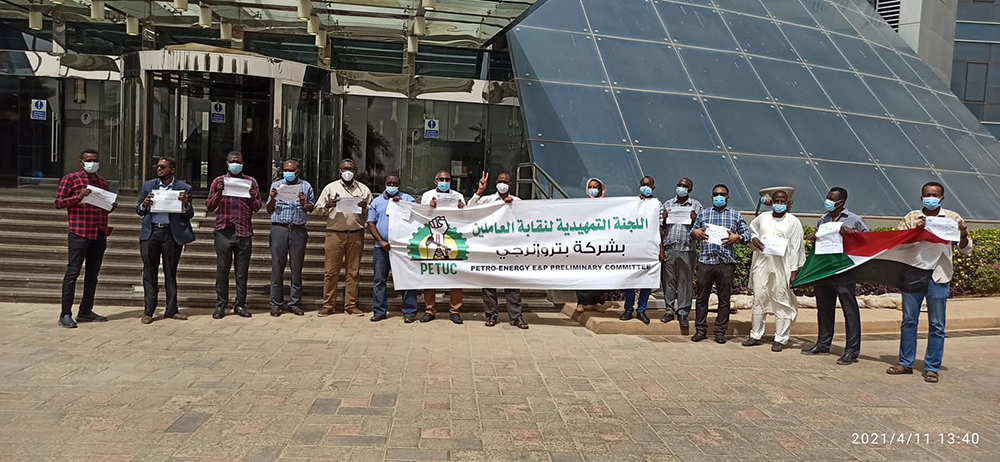
Oil Fields and the Chaos of War
Yousef Siraj
(-) The most pessimistic did not expect that the sabotage resulting from the chaotic war would reach the oil production fields. The prevailing belief was that vital areas would be far from the battles, as petroleum production continued for nearly five months since the outbreak of the war between the army and the Rapid Support Forces.
(-) The open appetite for war, which targeted destruction and widespread displacement, was not satisfied. Its flames reached the Bilila oil field in western Kordofan, the largest field producing 15,000 barrels per day, before its operations were halted. The nearby oil fields in Heglig and others were also affected.
(-) Oil production, already scarce, is crucial for contributing to reducing deficits and supporting the states general budget. The total petroleum production does not exceed 45,000 barrels per day. The significant decline is attributed to various factors, including poor regular maintenance and the delay in bringing new fields into production until the catastrophic war erupted in mid-April, leading to almost complete cessation of production.
(-) The disaster that will be added to the war tragedies is that restarting wells and maintaining pipelines after the war will be a complex technical process requiring time and money, especially if the pipeline does not suffer complete damage if the war continues.
(-) Sabotage and looting also affected the Um Adar field after the Rapid Support Forces invaded the Muglad area in West Kordofan, and the army withdrew from securing the fields. This created chaos, and citizens intentionally looted the materials and property of the field.
(-) In October of last year, clashes between the army and the Rapid Support Forces in the Bilila region of West Kordofan resulted in the disruption of production in fields near Bilila Airport. The offices of Petro Energy Company and fuel barrels in the region were looted.
(-) Military confrontations between the army and the Rapid Support Forces in East Darfur caused fires in the fields of the Shuq Umar area east of the Abu Karinka region in East Darfur.
(-) The withdrawal of state fields from production caused a shortage that affected the refinery, which is currently operating at only 15% of its capacity to process the oil from South Sudan that passes through the north.
(-) The Gezira refinery used to cover about 70% of Sudans gasoline consumption and around 60% of diesel, with the deficit being covered by imports. Despite the Rapid Support Forces announcement that they would secure the fields and ensure their operation, it was not enough to reassure engineers and technicians working in the fields. The security situation led to the displacement and departure of all engineers and workers outside the state of West Kordofan.
(-) Unfortunately, most of the attacks on petroleum facilities were carried out by citizens, and at the same time, local residents made efforts to provide protection to preserve assets and public property.


